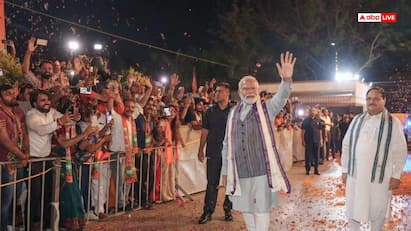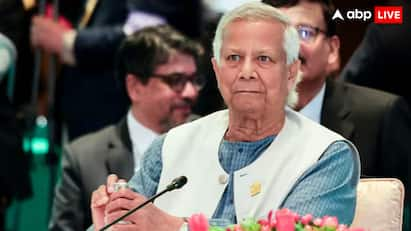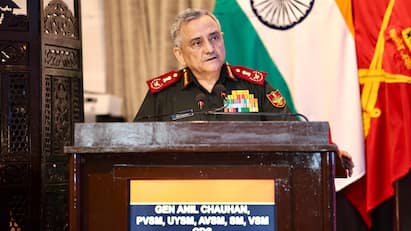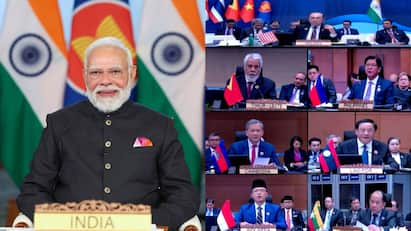'Aadmi Ke Saath Bhi Hota Hai?': With No Law To Deal With Rape Of Men, Gay Men Are Left To Look Out For Each Other

A recent study involving 300 gay and bisexual men from six metro cities shows that young men from low income families, engaged in pink collar jobs faced highest incidents of sexual violence.
Source : Canva
Gay men face sexual violence & abuse but are reluctant to go to police due to stigma, lack of adequate legal protection. Activists highlight the need for a law to criminalise same-sex sexual offences.
Case #1: R, a 19-year-old gay youth who came to Delhi from his village to pursue higher studies, meets P, a 29-year-old gay man, through a dating app. P lives in Noida and works in an MNC. He has his own apartment, and is affluent in society. R starts living with P as he is short on money and needs a shelter. Later, he finds himself stuck in a toxic and abusive situation. When he tries to leave, P refuses to let him go, allegedly takes his laptop and essential documents while sexually and
Follow Breaking News on ABP Live for more latest stories and trending topics. Watch breaking news and top headlines online on ABP News LIVE TV










